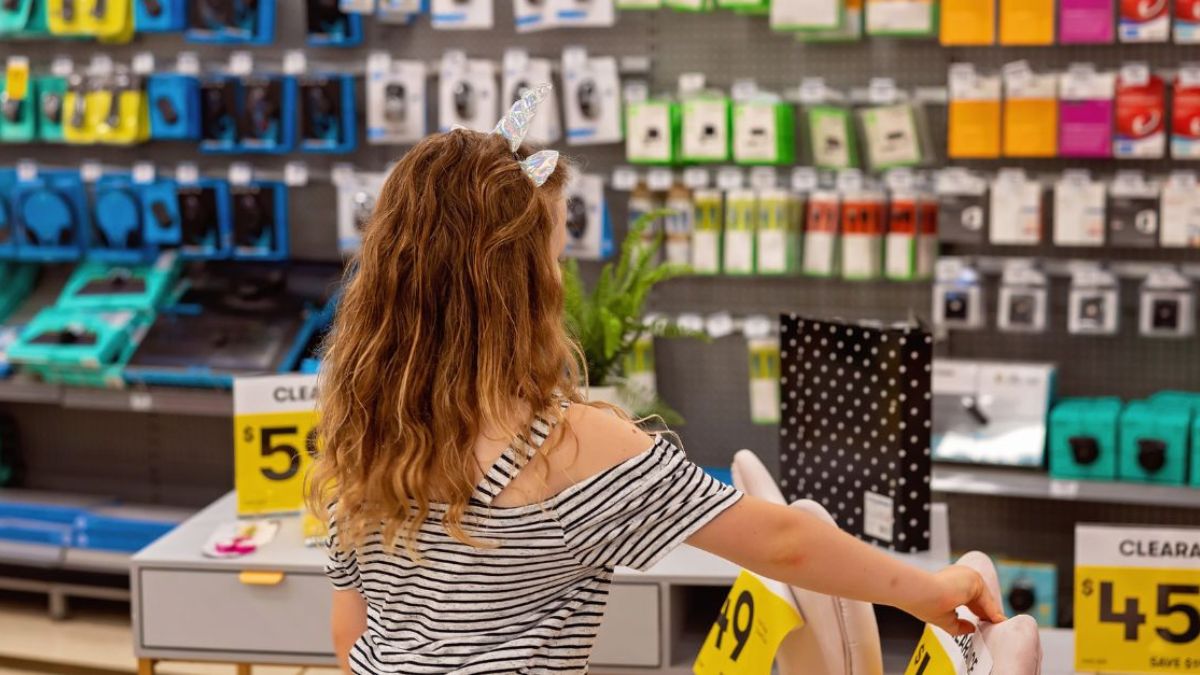Long before starting this blog, I was practicing being frugal and saving as much money as possible. Back then I was already radical. In November 2018, I did a no spend month.
I figured it was a really interesting experience for me, worth sharing with the world!
If you’re looking to do your own no-spend month, you need to check out my ultimate no-spend challenge guide!
When I just started working, I figured that I wanted to save money. Well, ‘saving more money’ is a vague goal.
It’s always great to have this kind of resolution: I’m going to lose weight (Okay, but what is your practical game plan?), I am going to stop smoking (How? When?), I am going to spend less money (Compared to what?).
These are all huge things that will change your life radically. IF you can keep up with them.
You can try to keep them up for as long as possible, which can become hard after a while. You experience a slip and you decide to throw in the towel. That’s okay, nobody is or should be perfect.
However, there are ways to improve in areas that will stick. I am one of the radical approaches, but sometimes you need to take it easy and start with the small steps.
So I did when I had my no-spend November. My rules were:
- Spend 25€ instead of 50€ per week on groceries
- Paying my monthly costs (insurances, rent, etc)
- No other spending
Things I Learned from a No Spend Month
1. It Is Hard And Unsustainable
It’s so very hard, don’t underestimate this! I did have plans for one night out this month and I made it out alive (aka spend €15).
Apart from that, I didn’t buy any food at work. This was the hardest thing actually since sometimes I didn’t have enough food for the day (mentally, of course, my body is fine) and I really had to stop myself from buying something.
I didn’t buy any clothes, shoes, whatever. That’s not the challenge for me since I’m currently on a one-year clothing ban.
What was hard was spending half of my grocery budget. I decided that instead of €50 per week I would spend €25 per week. I ate more fresh vegetables and I planned my meals out more.
In addition, I ate a lot of things that were sitting in my pantry and I was very satisfied with it. The habit mostly stuck, as I now on average spend €60-€80 per month on food.
Related Reads:
- How To Spend Less Than $70 Per Month On Groceries
- How I Spend Half My Income – And You Can Too!
- 7 Reasons Why You Need To Start Meal Planning [It Will Change Your Life]
- Cheap Easy Meal Ideas For Vacation
2. Control Your Impulses
You have to actively control your impulses when you are going somewhere and seeing something you like. Whether it’s food or material things, it doesn’t really matter.
The hardest thing is to control impulses when you’re hungry, trust me on this.
I would be hungry for lunch and the cafeteria where we have lunch would have this amazing salad bar and these soups. It’s making me hungry even thinking about it.
Before, when I felt like it, I took something from the salad bar. Now I really had to wait and eat what I brought myself. That’s how to train to control your impulses.
It’s given me both the accountability to prepare my own lunches, that are healthier most of the time, as well as saved me a lot of money!
[Related Read: 25+ Easy Tips To Save Money Today]
3. Little Things Add Up

The no-spend month was really good for my self-control.
Before, things are adding up without noticing it. I kept track of my general spending with categories, but not tracking where every single penny went.
Let’s continue with the salad bar example. If you’re paying €3 for the salad bar every month, that quickly adds up to €60 per month minimum.
That’s my total grocery spending! Once I got that realization, I cut it down even after my no-spend month ended.
[Related Read: 15 Essential Frugal Living Tips]
4. It Saves SO Much Time
When I’m doing groceries, the supermarket I usually go to is in a tiny shopping mall. When I’m doing groceries and I’m in the mall before the shops close, I was just wandering around and looking at things that I might like.
In addition, I was doing groceries almost every day because I didn’t want to think about what I was going to eat the next day.
Oh my god. What a huge time wasted!
Now I want to save money on my groceries, I only go grocery shopping once per week.
I just freed up literally 5 hours of my time weekly, minimum. Walking to the supermarket, thinking about what I want to eat, walking back, cooking the food and eating.
Every. Single. Day.
My routine now looks like this once per week. Plus I batch-cook about two or three times per
[Related Read: 13 Things To Sell To Make Money Fast]
5. You Don’t Live Paycheck To Paycheck
Currently, I’m at a place in my life where I don’t live paycheck-to-paycheck. If you’re not there yet, no worries!
If you’re having a no spend
A no
[Related Read: Don’t Let Your Self-Worth Affect Your Net Worth]
6. You Have To Get Creative
When you’re having a no spend month, you have to get creative. There is no other option!
You will go through your freezer and pantry, in order to make meals with what you have.
You still budget for food, but you have to do with less than you normally would. That’s where it gets fun and your creativity gets tested.
Apart from that, you always have unexpected challenges that you would have to solve now without spending any money.
If it’s something significant like your car broke down, of course, you’re gonna get it fixed, but if you want to have a date night with your partner you have to get creative!
[Related Read: Why Frugality Is NOT Boring]
7. It’s All About The Habit
When I was studying I was spending money every day. Doing groceries every day, buying a sandwich at the bakery, having drinks with friends, going to bars, you name it.

The habit of spending money was very much there. Not spending money was a very big struggle for me, since I was used to spending it every single day.
I didn’t realize spending money was a struggle until I tried the no spend month.
As always, it’s all about the habit. When you break the habit of spending money every day, your savings automatically go up by A LOT!
It’s not like I’ve been born with the habit of saving 60% or more of my income. It’s all about the habits that I build around money.
Try a no-spend month and learn about your habits, you might uncover something you were not aware of!
Have you tried doing a no spend month? What did you learn?

Founder of Spark Nomad, Radical FIRE, Journalist
Expertise: Personal finance and travel content
Education: Bachelor of Economics at Radboud University, Master in Finance at Radboud University, Minor in Economics at Chapman University.
Over 200 articles, essays, and short stories published across the web.
Experience: Marjolein Dilven is a journalist and founder of Radical FIRE, a personal finance platform, and Spark Nomad, a travel platform. Marjolein has a finance and economics background with a master’s in Finance. She has quit her job to travel the world, documenting her travels on Spark Nomad to help people plan their travels. Marjolein Dilven has written for publications like MSN, Associated Press, CNBC, Town News syndicate, and more.


Hi Sam, a no spend year would be extremely difficult for me as I like to do some activities that cost money for sure. If you’re taking the best practices from the concept and you’re already budgeting for anticipated spending, you’re doing a great job! Also, I think it helps a lot to ask yourself: do I really need this? That has helped me also to cut down unnecessary spending. You’re doing a great job, keep up the good work!
I haven’t tried a no spend month. Ideas for some of my frugal habits came from ‘The No Spend Year’ by Michelle McGagh. It sounded really tough. A month is probably a lot more manageable. I usually anticipate what I am going to have to spend money on throughout the month including cash items. I then count the month as successful if I don’t spend more than I planned. I think that a no spend month is good for making you think about what you spend money on. I see so many people spending without even thinking about it. Now I stop and think every time that I buy something – do I really need this? I think that it’s an excellent habit to have.